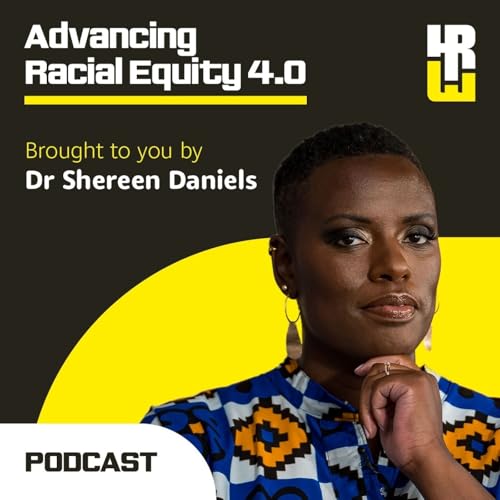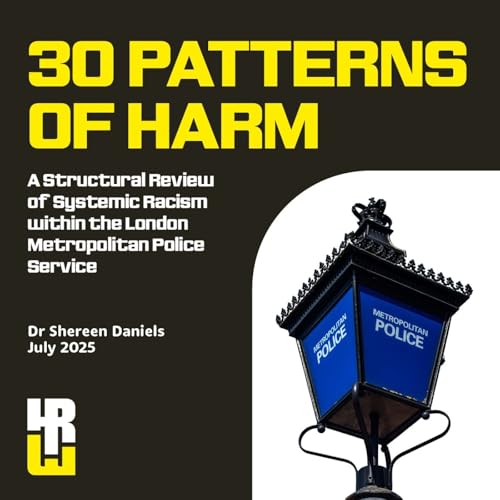There are many things to tell you about John. There’s all the usual bio stuff: Professor John Amaechi OBE is a respected organisational psychologist, and the Leadership Transformation Expert at APS Intelligence LTD, the consultancy he founded in 2006. At APS Intelligence, John and his team of specialists' partner with businesses to build bespoke programmes focused on executive coaching and behavioural change that help create effective leaders and authentic and ethical cultures. This is what John believes leads to sustainable organisational growth and high performance while ensuring the dignity and well-being of all colleagues.
Recognised as an influential thinker in HR, John is a Professor of Leadership at the University of Exeter Business School in the United Kingdom and a Fellow of the Institute of Science and Technology. He's the author of the New York Times and the Sunday Times bestselling leadership book, The Promises of Giants, John draws on his early life in Stockport, near Manchester (UK), his career as the first Briton to play professional basketball in the NBA and deep psychological insights, to challenge and inspire others. In doing so, he continues to be driven by the words his mother once used to inspire him when she said that: "The most unlikely of people in the most improbable of circumstances can become extraordinary."
He is a non-executive director of a FTSE 250 company, was a 10-year director of the UK’s largest healthcare organisation and a board adviser for several FTSE 100 organisations in the financial, legal and professional services, technology, publishing, engineering and retail sectors.
He is a LinkedIn influencer and has been a LinkedIn Top Voice since 2020. In 2023, John was nominated for and awarded the Sport's Industry, Integrity & Impact award. But there are some more things it’s important to know:
John is a mentor, a teacher, and always using his deep psychological insight combined with real-life experience to provide a touchstone for people and companies who want to thrive, achieve, and align their beliefs, values and ethics. People who think facts and evidence should bow to opinion drive him crazy; he’s passionate about Star Wars, is a self-confessed nerd & geek, a former NBA sportsman who has a voice like honey and is transported by music and loves nothing more than to eat decadent foods that are bad for him – especially pies!
So, while you’re questioning everything you thought you knew, John will entertain you with his storytelling, confront you with uncomfortable truths, make you laugh and move you to tears (sometimes in the same minute) and ultimately inspire you to grow and develop in ways you couldn’t possibly imagine…so that you can be a Giant too.
In this long-awaited episode, Shereen Daniels speaks with leadership expert John Amaechi about the evolving landscape of leadership and the complexities of driving organizational change. Together, they:
Explore the nature of leadership and influence, highlighting the limitations of individual power in effecting systemic change while recognizing the significance of inspiring others.
Discuss the challenges posed by socio-political dynamics, including the widening gap between leaders and employees and the reluctance to engage with uncomfortable topics.
Emphasize the importance of embracing discomfort as part of the journey towards inclusivity and organizational change, advocating for a nuanced understanding of learning and transformation.
Examine the role of “mediocrity” within organizational structures, challenging traditional notions of excellence; and Offer insights into the complexities of leadership in a rapidly evolving world
Join Shereen and John Amaechi on this absolute “must-listen” episode of Advancing Racial Equity 4.0.
 38 mins
38 mins Dec 11 202516 mins
Dec 11 202516 mins 30 mins
30 mins Jul 17 20254 hrs and 35 mins
Jul 17 20254 hrs and 35 mins 1 hr and 52 mins
1 hr and 52 mins 42 mins
42 mins 42 mins
42 mins 32 mins
32 mins
